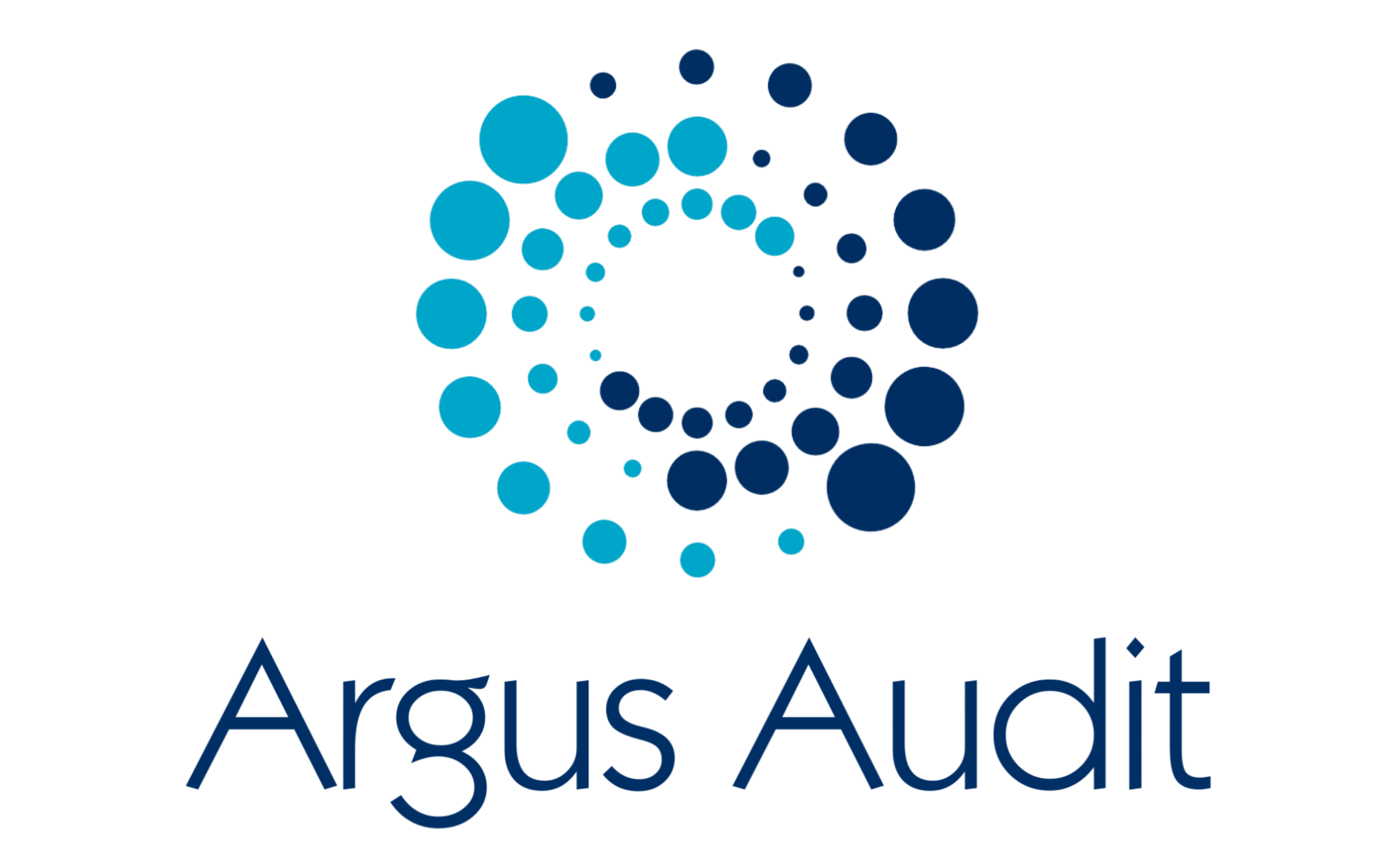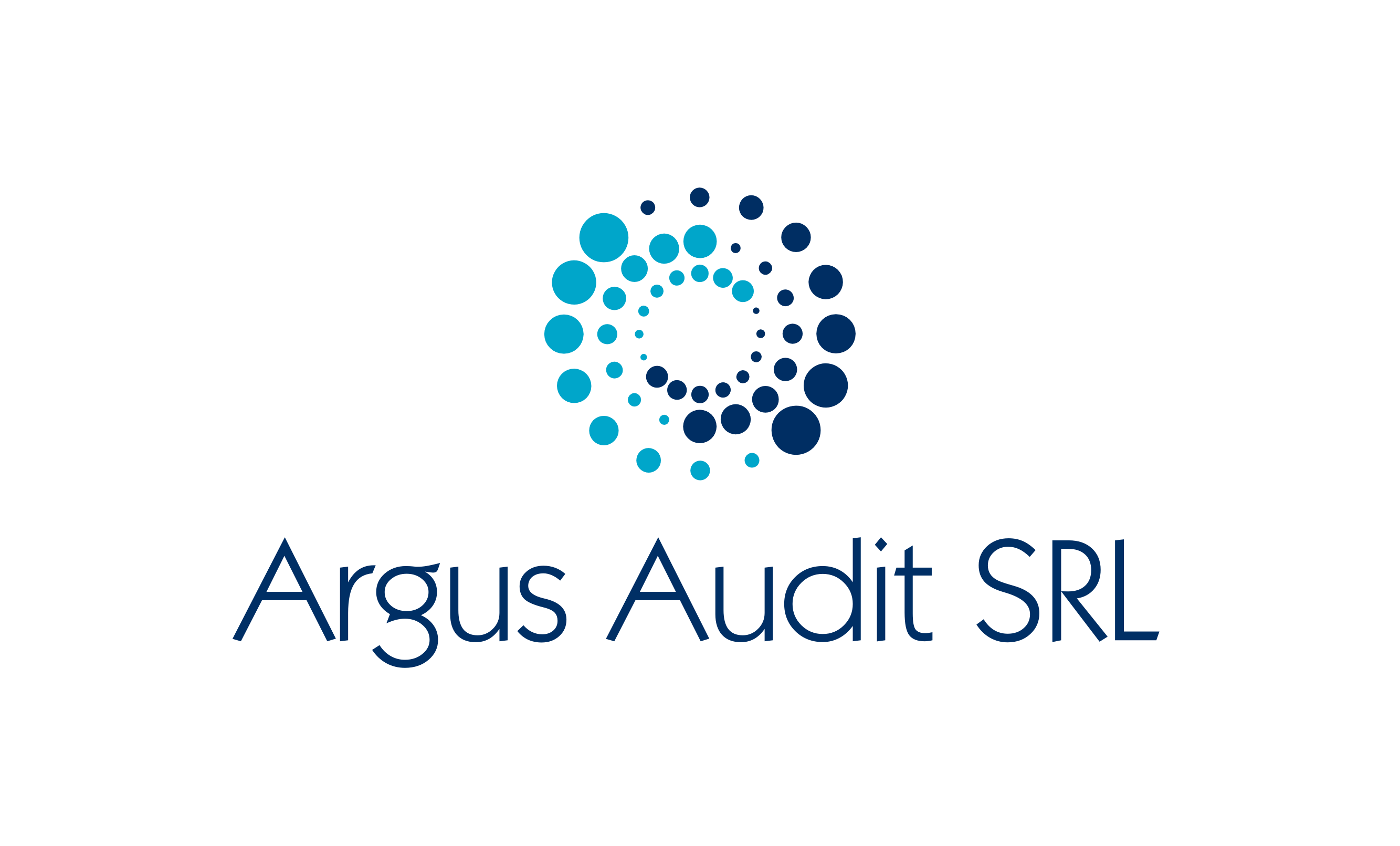According to the provisions of the Labor Code and Law nr. 202/2002 on equal opportunities and treatment between women and men, harassment consists in any behavior that has the purpose or effect of damaging the dignity of a person and leads to the creation of an intimidating, hostile, degrading, humiliating or offensive environment.
In addition, Law nr. 167/2020 defines moral harassment in the workplace as any conduct exercised concerning an employee by another employee who is his hierarchical superior, by a subordinate, and by a hierarchically comparable employee, about employment relationships, which has as its purpose or effect a deterioration of working conditions by damaging the rights or dignity of the employee, by affecting his physical or mental health or by compromising his professional future, behavior manifested in any of the following forms:
a) hostile or unwanted conduct.
b) verbal comments.
c) actions or gestures.
The employer must take any necessary measures to prevent and combat acts of moral harassment at the workplace by implementing internal policies and anti-harassment measures, including through provisions in the internal regulation.
The elimination of all forms of discrimination is achieved by:
- preventing any acts of discrimination by bringing to the attention of the employees the Internal Anti-harassment Policy, by organizing information and training campaigns, and the employees being informed at least about the following elements:
– legal framework and definition of harassment at the workplace
– responsibilities of employees and employer
– preventive measures
– the modalities of reporting such a situation
– the methods of solving the complaints
– disciplinary sanctions for employees who commit acts or deeds of moral harassment at the workplace
- mediation through the amicable settlement of conflicts arising from the commission of acts/deeds of discrimination;
- sanctioning discriminatory behavior under the terms of the Internal Policies or the internal regulation of the employer. Disciplinary liability does not remove the employee’s contravention or criminal liability for the individual acts.
The employee, a victim of moral harassment at work, must prove the factual elements of moral harassment, the burden of proof resting with the employer, according to the law.
Our professional team can assist you in preparing the Internal Anti-harassment Policy.


